Table of Contents
- Role Of Protein In Childhood and Adolescence:
- Role Of Protein In Reproductive Years:
- Role Of Protein In Pregnancy and Breastfeeding:
- Role Of Protein In Menopause and Aging:
- Role Of Protein In Muscle Health and Weight Management:
- Is Protein Important For Women?
- Ways To Incorporate Protein Into Diet:
- Conclusion:
Protein is a crucial component of women's health, playing a vital role in meeting nutritional needs at every stage of life. During childhood and adolescence, protein supports growth, development, and the formation of essential tissues. In the reproductive years, adequate protein intake is essential for maintaining hormonal balance, supporting fertility, and ensuring a healthy pregnancy. Protein also plays a significant role during breastfeeding, providing essential nutrients for both the mother and the infant. In later life, especially during menopause and aging, protein becomes instrumental in preserving muscle mass, bone health, and overall well-being. Incorporating diverse protein sources such as lean meats, fish, dairy, eggs, legumes, and plant-based proteins is essential for a balanced diet that addresses the unique nutritional needs of women.
Role Of Protein In Childhood and Adolescence:
- During these formative years, protein is crucial for growth, development, and the formation of tissues, muscles, and organs. It supports the development of a strong and healthy body, making it an essential component of a balanced diet for children and adolescents.
Role Of Protein In Reproductive Years:
- In the reproductive years, protein plays a pivotal role in maintaining hormonal balance and supporting fertility. Adequate protein intake is especially important during pregnancy, providing essential amino acids for fetal development and ensuring the overall well-being of both the mother and the developing baby.
Role Of Protein In Pregnancy and Breastfeeding:
- Protein needs increase during pregnancy to support the growth of the placenta, fetus, and maternal tissues. It also plays a role in preventing complications such as gestational diabetes and preeclampsia. During breastfeeding, protein remains vital for the production of breast milk, supplying essential nutrients to the infant.
Role Of Protein In Menopause and Aging:
- As women enter menopause and age, maintaining muscle mass and bone health becomes critical. Protein helps counteract the natural decline in muscle mass and bone density associated with aging, reducing the risk of osteoporosis and frailty. Adequate protein intake supports overall health and helps manage changes in body composition.
Role Of Protein In Muscle Health and Weight Management:
- Protein is essential for maintaining muscle health throughout life. It supports muscle repair, recovery, and synthesis, aiding in weight management by promoting a feeling of fullness. This is particularly important for women aiming to preserve lean body mass and manage body weight.
Is Protein Important For Women?
Protein is important for both men and women, and its significance is not inherently gender-specific. However, the protein needs of individuals can vary based on factors such as age, weight, activity level, and health status. While men and women share many nutritional requirements, there are certain life stages and circumstances where protein may play specific roles in women's health.
For example:
- Pregnancy and Breastfeeding:
- During pregnancy and lactation, women have increased protein requirements to support the growth and development of the fetus and provide nutrients for breastfeeding.
- Bone Health:
- Women, especially as they age and enter menopause, are more prone to osteoporosis. Protein, along with adequate calcium and vitamin D, is crucial for maintaining bone density.
- Muscle Mass:
- Preserving muscle mass becomes particularly important as individuals age. Adequate protein intake, combined with resistance training, is beneficial for both men and women to maintain muscle health.
- Hormonal Balance:
- Protein plays a role in supporting hormonal balance, which is vital for reproductive health in women.
Ways To Incorporate Protein Into Diet:
Women can ensure they meet their protein needs by incorporating a variety of protein-rich foods into their diet. Here are some guidelines on how women can include protein in their meals:
- Include Lean Meats:
- Opt for lean cuts of poultry, such as chicken or turkey, and lean cuts of beef or pork. Removing the skin from poultry reduces saturated fat intake.
- Fatty Fish:
- Include fatty fish like salmon, mackerel, and sardines. These not only provide protein but also offer omega-3 fatty acids, beneficial for heart and brain health.
- Plant-Based Proteins:
- Incorporate plant-based protein sources such as legumes (beans, lentils, chickpeas), tofu, tempeh, edamame, and quinoa. These options are not only rich in protein but also provide fiber and various nutrients.
- Eggs:
- Eggs are a versatile and complete protein source. Consider incorporating boiled, poached, or scrambled eggs into meals or snacks.
- Dairy Products:
- Include low-fat or fat-free dairy products like Greek yogurt, cottage cheese, and milk. These options provide protein along with calcium and other essential nutrients.
- Nuts and Seeds:
- Snack on almonds, walnuts, chia seeds, flaxseeds, and pumpkin seeds. These are not only good sources of protein but also provide healthy fats and micronutrients.
- Whole Grains:
- Choose whole grains like quinoa, brown rice, and oats. These grains not only contribute protein but also provide fiber for digestive health.
- Protein-Rich Snacks:
- Include protein-rich snacks such as Greek yogurt, cottage cheese, cheese sticks, or a handful of nuts between meals to maintain steady energy levels.
- Smoothies and Protein Shakes:
- Make smoothies with Greek yogurt, fruits, and a scoop of protein powder for a quick and nutritious snack or meal replacement.
- Protein at Every Meal:
- Distribute protein intake across meals and snacks. Including protein with each meal helps in meeting daily requirements and promoting satiety.
Conclusion:
In summary, protein is integral to women's health at every life stage, supporting growth, hormonal balance, reproductive health, muscle maintenance, bone health, and overall well-being. A diverse and balanced diet that includes sufficient protein, along with other essential nutrients, is key to meeting the nutritional needs of women throughout their lives.

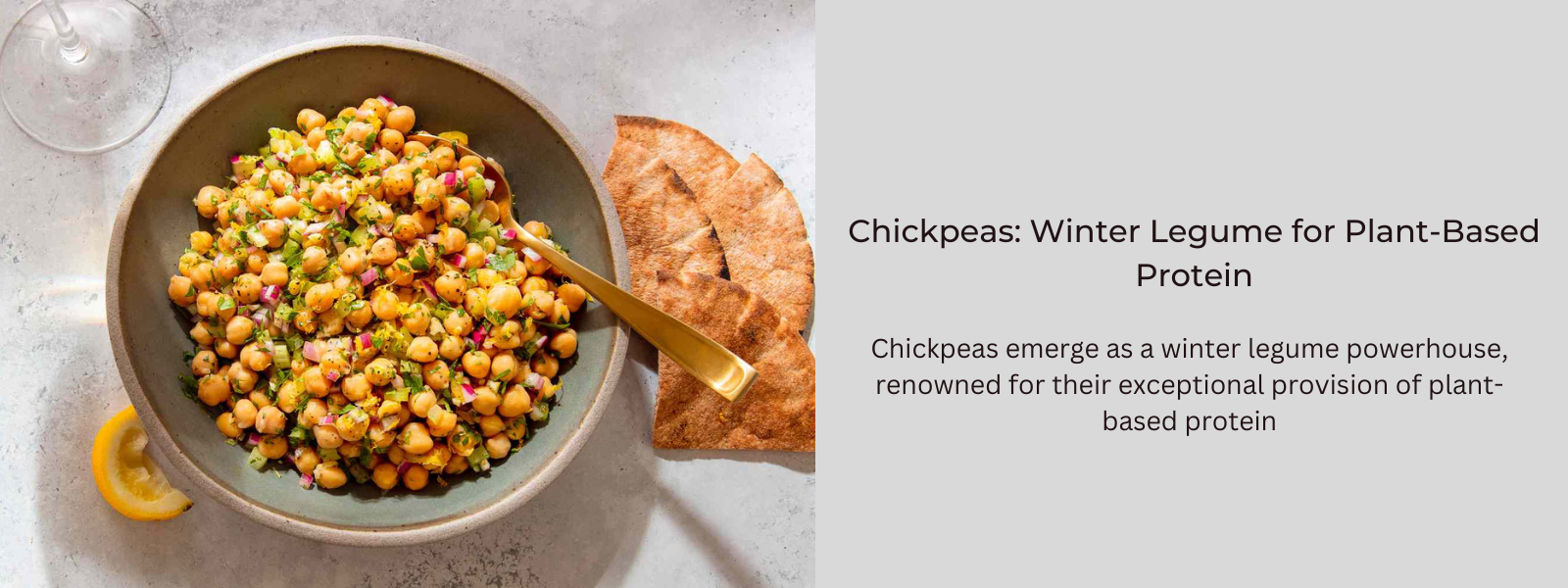
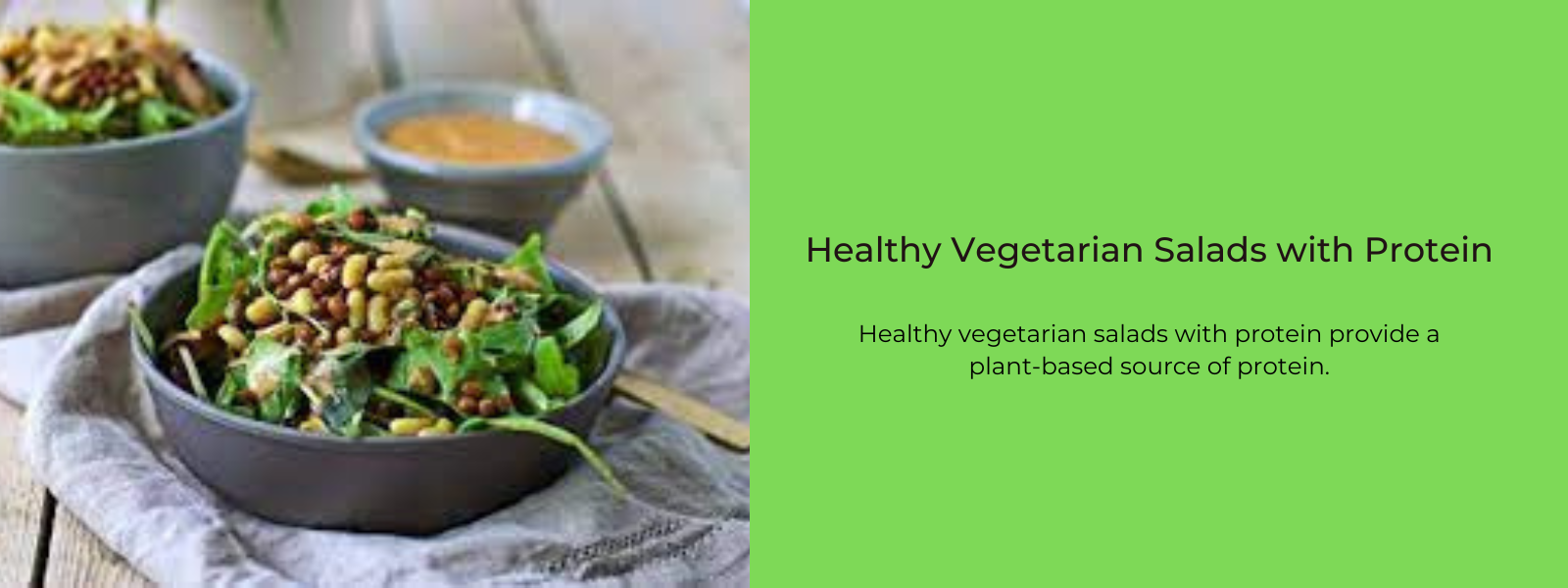
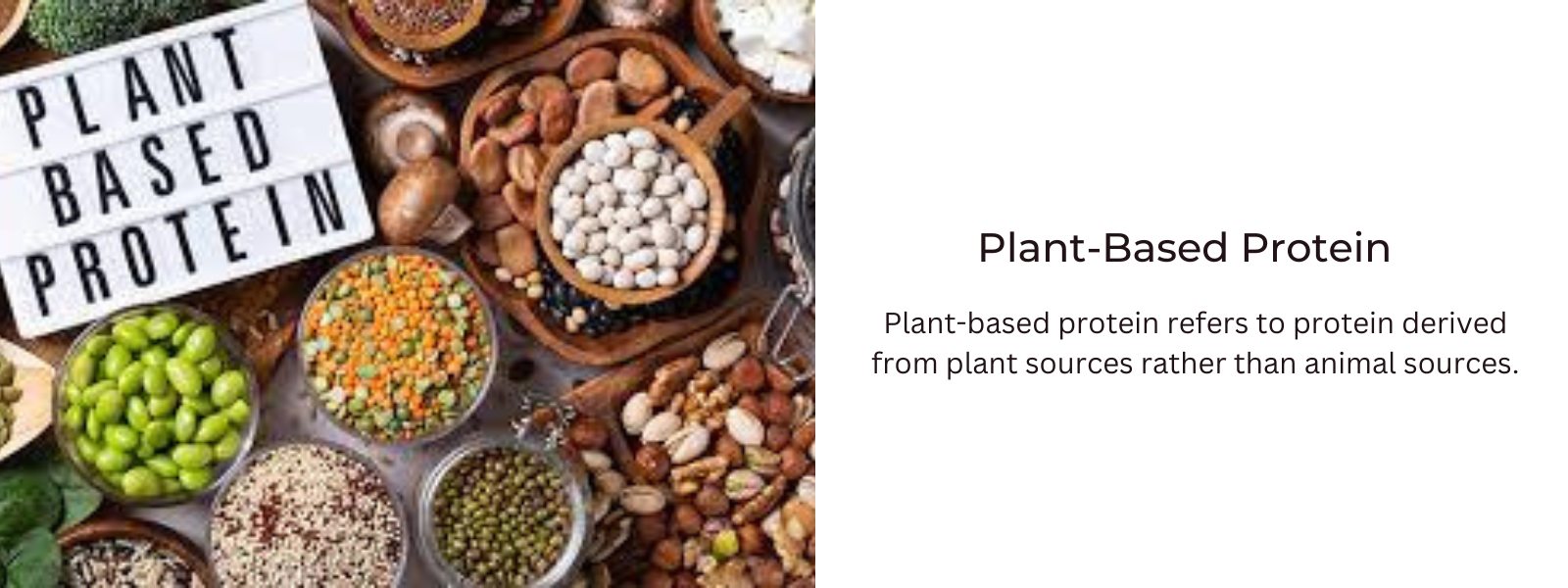
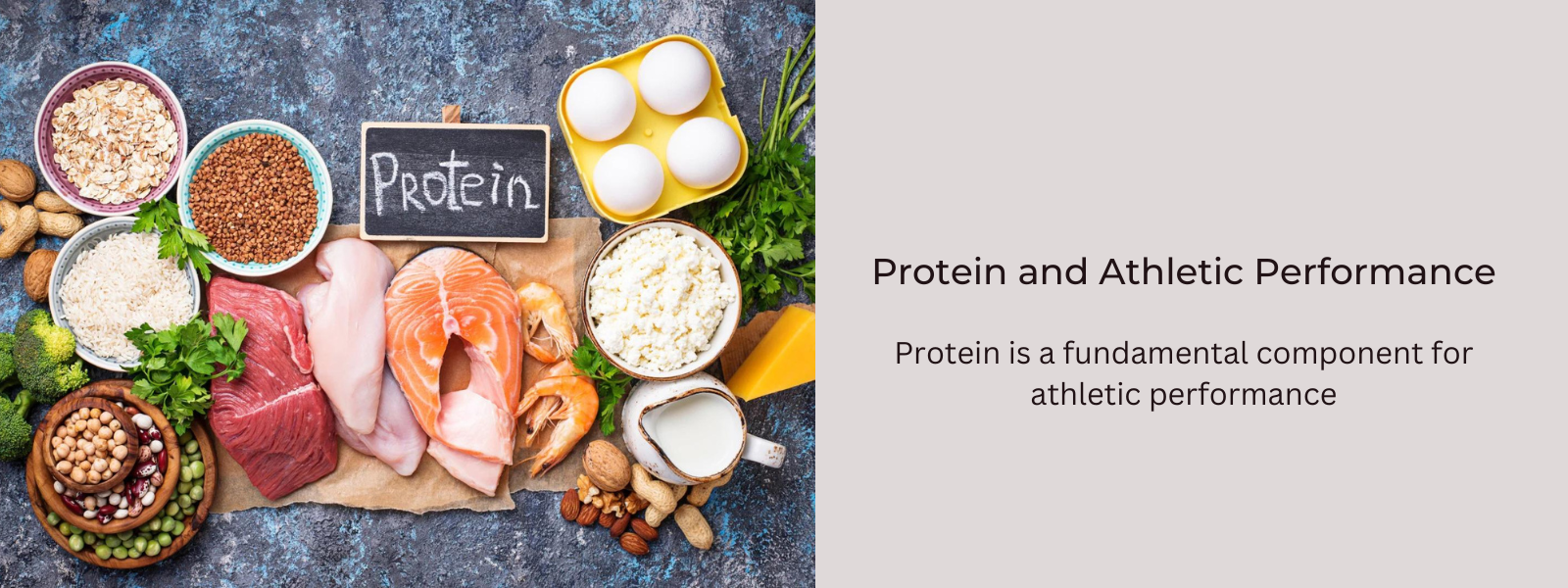

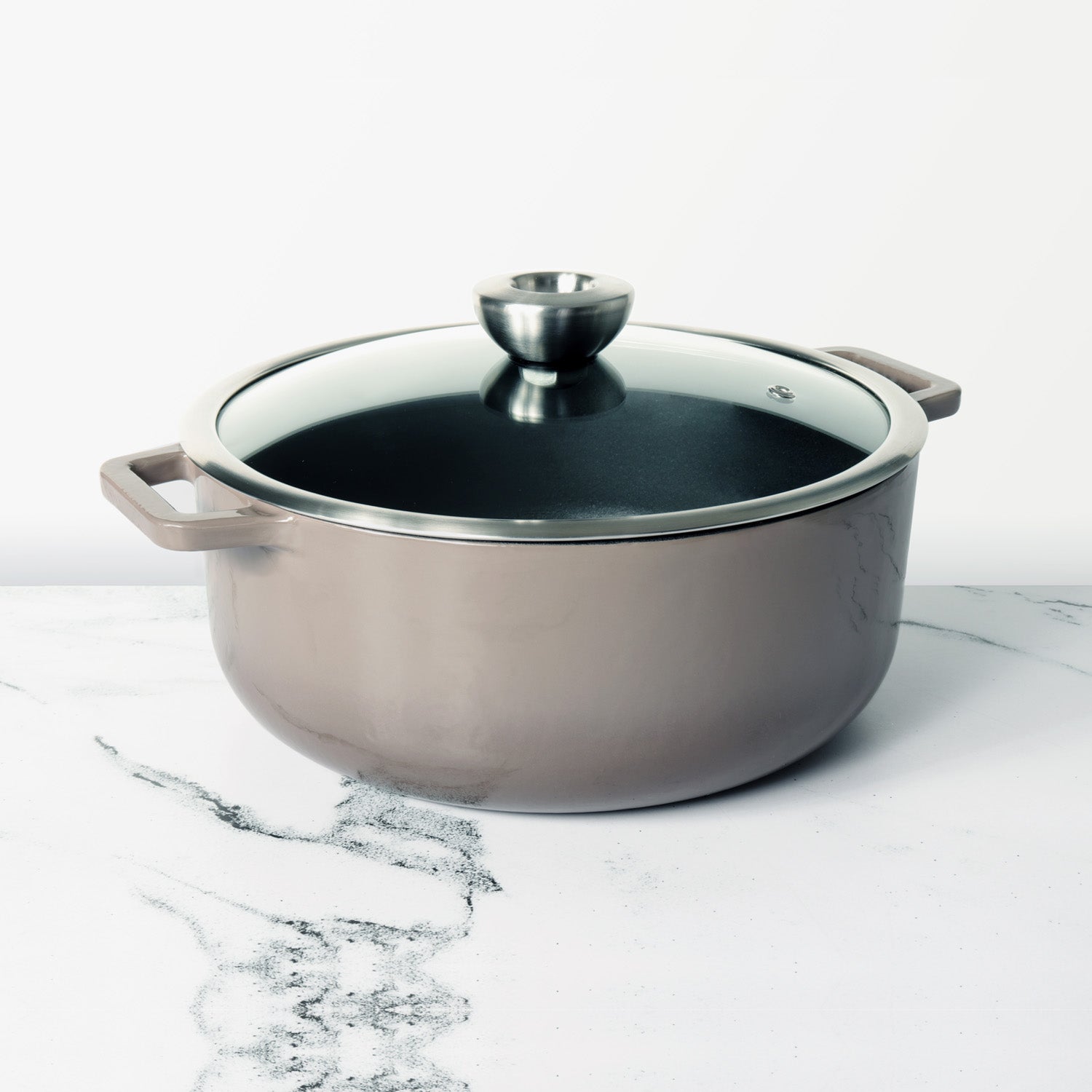




Leave a comment